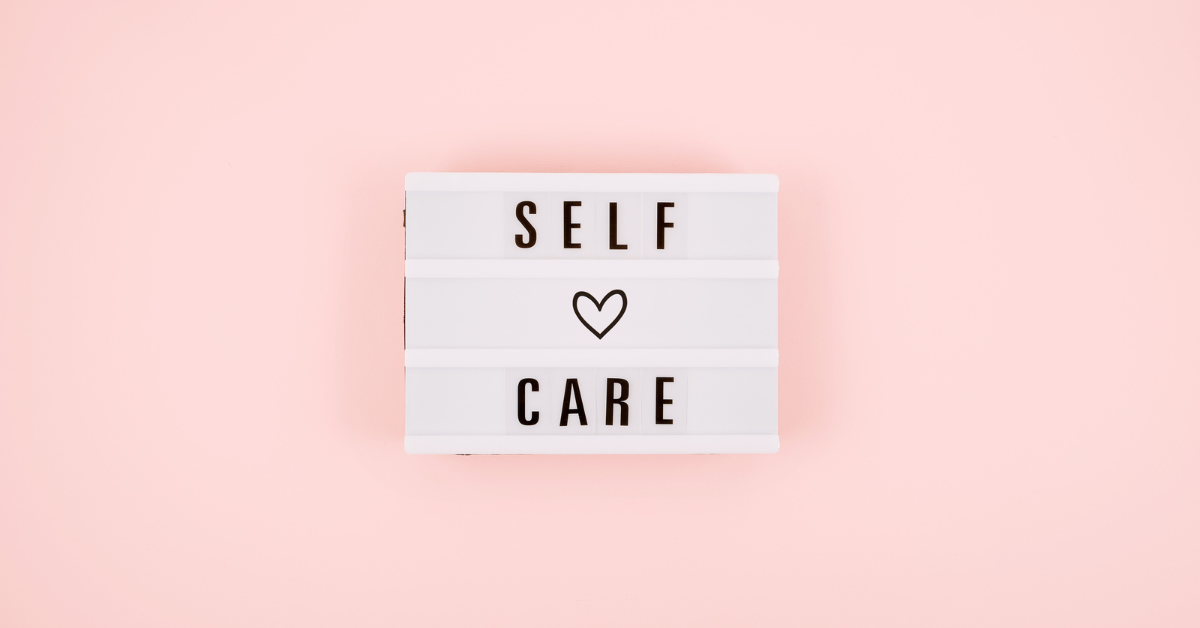
You’ve probably noticed how much attention self-care gets these days. What you might not realize is that this isn’t just another wellness trend—it reflects something many seniors have known for years. Taking care of yourself becomes more crucial, not less, as you navigate the later chapters of your life. Regular movement can ease stress and anxiety, while quality sleep protects your brain health. Yet nearly half of Americans get less than seven hours of sleep each night. Staying connected with others can slow cognitive decline significantly, making relationships one of your most powerful wellness tools.
1. Build Strong Social Connections
Think about the last time you spent an afternoon with good friends or shared a meal with family. Remember that warm feeling afterward? Your body was responding to something much deeper than pleasant conversation.
The role of community in healthy aging
The research tells a story that’s both troubling and hopeful: adults who feel lonely or cut off from others face serious health consequences. They spend more time in hospitals, return more often and sadly, their lives tend to be shorter than those who maintain meaningful connections. But here’s what gives me hope—strong social networks work like invisible armor, protecting you while also boosting your vitality in remarkable ways:
- Your heart benefits immensely: People with rich social lives have significantly lower rates of heart disease. When you stay socially engaged, your immune system grows stronger and inflammation decreases, making you more resilient against illness.
- Your mind stays sharper: Social activities challenge your brain in ways that solo activities simply can’t match. The evidence is compelling: older adults with limited social contact face much higher risks of dementia and Alzheimer’s disease.
- Your emotional world grows richer: When you share interests and activities with others, something beautiful happens. Your sense of belonging deepens and your confidence grows from these genuine social bonds.
2. Keep Your Body Active and Engaged
Here’s what matters most: as your body changes with age, staying active delivers benefits that go far beyond what you might expect. Regular physical activity helps prevent and manage cardiovascular diseases, cancer and diabetes while easing symptoms of depression and anxiety. Movement truly becomes medicine—perhaps the most powerful prescription available for aging well.
Low-impact exercises for seniors
The term “low-impact” might sound less impressive, but don’t let that fool you. Gentle exercises can provide remarkable benefits without putting unnecessary stress on aging joints and muscles. Starting an exercise routine might feel overwhelming, but beginning gradually makes all the difference. For those who haven’t exercised in a while, consider these approaches:
- Mix it up: Vary your activities to work different muscle groups and maintain interest
- Focus on form: Proper technique prevents injury and maximizes benefits
- Listen to your body: Pain differs from normal muscle fatigue—respect your limits
3. Nourish Your Body with Smart Choices
What you eat matters more now than it ever has before. Each meal becomes an opportunity to fuel not just your body, but your mind and spirit as well. Your dietary choices directly impact everything from cognitive function to how you feel when you wake up each morning.

Some nutrients deserve extra attention as you age:
- Protein: Your muscles need this to maintain their strength, especially since muscle mass naturally declines after 50
- Vitamin B12: Critical for your nervous system and healthy red blood cells
- Fiber: Keeps your digestive system functioning smoothly and helps control blood sugar
- Potassium: Supports healthy blood pressure
4. Support Your Mind with Rest
Sleep gets overlooked when people talk about healthy aging, but it shouldn’t. Your brain depends on quality rest to function properly, handling everything from storing memories to managing your emotions.
The importance of sleep for brain health
While you sleep, your brain performs essential housekeeping. Think of it as your brain’s overnight cleaning crew, clearing away toxins and waste products that build up during your waking hours. The research on sleep and cognitive health tells a compelling story:
- People with insomnia face a 27% higher risk of having cognitive disorders compared to those without sleep problems
- Adults who consistently get less than six hours of sleep nightly have a significantly higher risk of dementia
- Obstructive sleep apnea, a common condition in older adults, is linked to the earlier onset of mild cognitive impairment and Alzheimer’s disease
5. Give Back and Find Purpose
Purpose doesn’t retire when you do. Volunteering offers a unique path to wellness that benefits both you and your community in ways that go far deeper than simple good deeds.
How helping others boosts your own health
Your mental health gets a boost. Volunteering significantly reduces depression rates and anxiety, especially for people over 65. Volunteers consistently experience more positive emotions, greater optimism and a stronger sense that their lives have meaning. When you’re focused on helping others, you spend less time dwelling on your own worries.
Embracing Your Senior Years with Intention
Healthy aging isn’t about perfection or following rigid rules. It’s about making thoughtful choices that honor where you are now while building toward where you want to be. Your body and circumstances are unique and your approach to wellness should reflect that reality.
Each practice we’ve discussed gives you tools to respond with intention rather than simply react to whatever comes your way. Ready to explore how these self-care practices can enhance your retirement lifestyle? Contact us at (423) 541-9300 to schedule a tour of our active senior living community in Chattanooga, TN and discover firsthand how Red Stone Estates supports each aspect of healthy aging.
FAQs
Q1. Why is social connection important for healthy aging?
It is crucial for healthy aging as it can improve physical health, enhance cognitive function, increase longevity and boost emotional well-being. Seniors with robust social networks tend to have lower risks of cardiovascular disease, dementia and depression.
Q2. How much sleep do older adults need and why is it important?
While individual needs may vary, most older adults require 7-9 hours of sleep per night. Sleep is key for brain health, as it allows the brain to clear toxins and regulate emotions.



